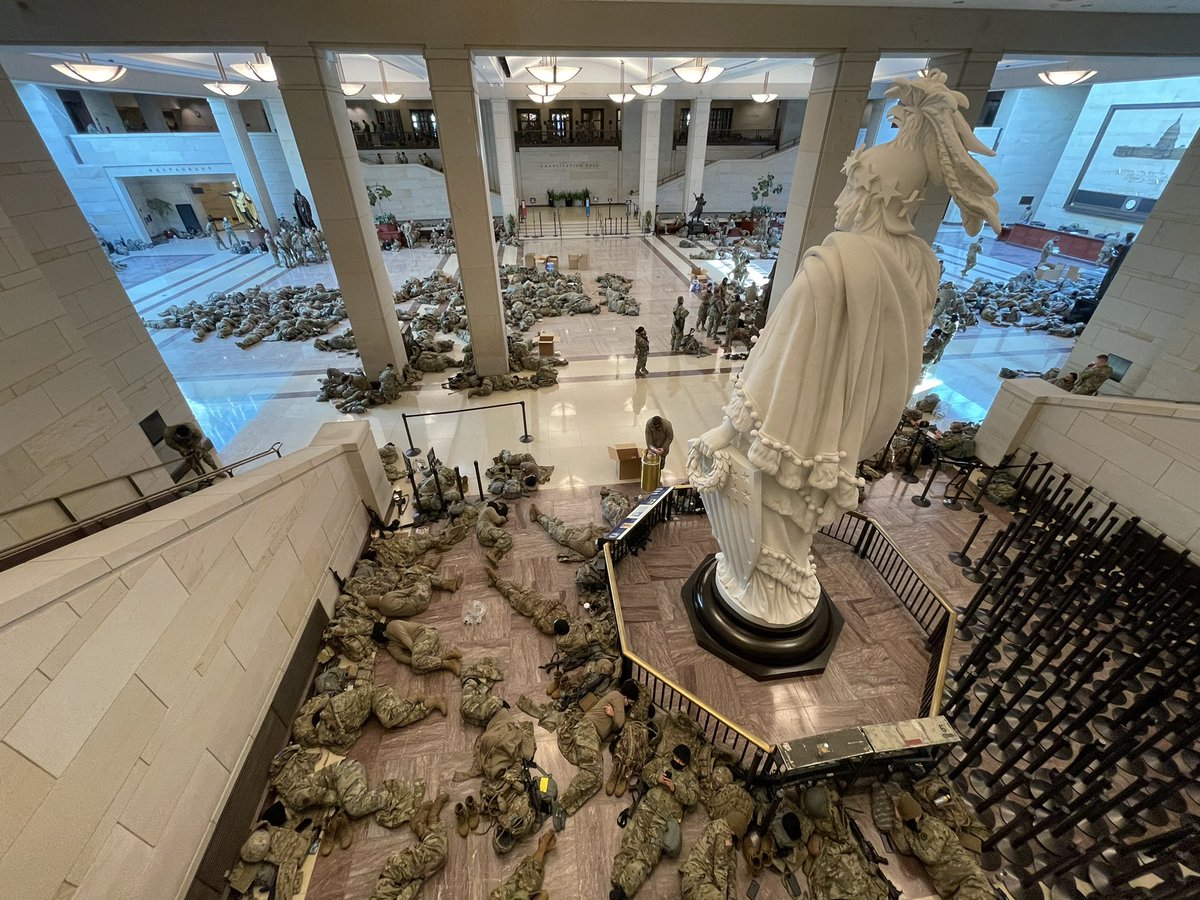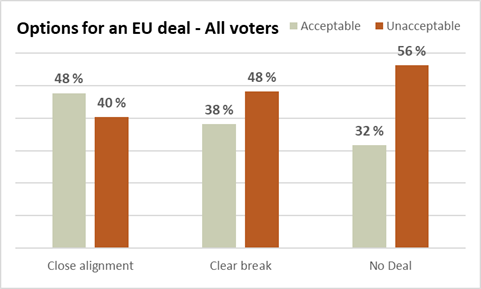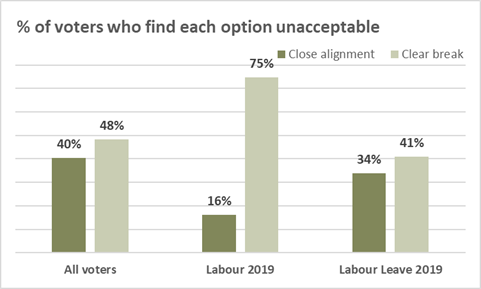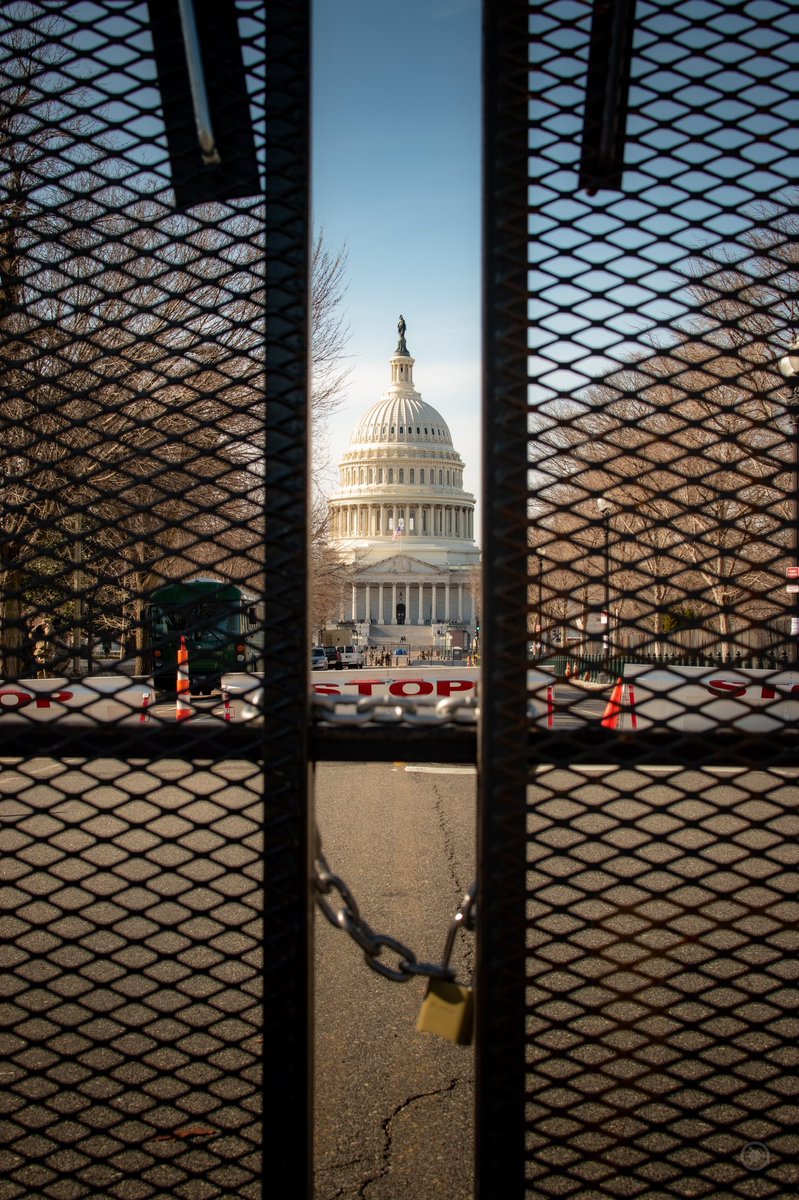Categories Government
7 days
30 days
All time
Recent
Popular
THREAD
I received numerous questions regarding my yesterday’s post. Why regional transmission projects are always given priority over the development of indigenous generation, knowing that Afghanistan will remain dependent on imported power? What went wrong?
I have already described the disadvantages of relying on imported electricity in this thread👇.
The legitimate question we all have is, why did the Afghan government and international donors opt for bringing electricity from the neighboring countries?
The answer is not easy and includes a mix of bureaucratic, social, economic and political considerations. Since 2002, energy sector planning efforts have been undertaken by a number of international development partners.
This has allowed for significant levels of investment and expertise to be placed in the service of Afghanistan's power sector. At the same time, the role of the Afghan government has often been marginal, as a plethora of donors have pursued their own agendas and projects.
As a result, this has led to a lack of coordination, off-budget project financing, insufficient planning and prioritization of projects, and a process that has lent itself to wasteful spending and unmet goals.
I received numerous questions regarding my yesterday’s post. Why regional transmission projects are always given priority over the development of indigenous generation, knowing that Afghanistan will remain dependent on imported power? What went wrong?
I have already described the disadvantages of relying on imported electricity in this thread👇.
The legitimate question we all have is, why did the Afghan government and international donors opt for bringing electricity from the neighboring countries?
THREAD
— Mohsin Amin (@MohsinAmin_) July 27, 2020
The electricity-exporting countries Uzbekistan, Tajikistan, Turkmenistan and Iran mostly sell their surplus electricity to Afghanistan. When they no longer have a surplus, they stop supplying.
The answer is not easy and includes a mix of bureaucratic, social, economic and political considerations. Since 2002, energy sector planning efforts have been undertaken by a number of international development partners.
This has allowed for significant levels of investment and expertise to be placed in the service of Afghanistan's power sector. At the same time, the role of the Afghan government has often been marginal, as a plethora of donors have pursued their own agendas and projects.
As a result, this has led to a lack of coordination, off-budget project financing, insufficient planning and prioritization of projects, and a process that has lent itself to wasteful spending and unmet goals.
I read up on the last several men the federal government rushed to put to death this past month.
Sister Helen is 100% right. None of the defendants would have come anywhere near a death penalty had they had money and privilege.
1/
Take the person executed last night: Dustin Higgs.
Higgs, another man and a woman were involved in the murder of two people. The trio had picked the victims up and taken them to a desolate area where they were shot.
2/
The reasons for the shooting were unclear. To make their case, prosecutors offered a deal to Higgs’ two associates: testify that Higgs had orchestrated the killing and they would be charged with lesser offenses.
So, the two did.
3/
The man testified that he had actually been the shooter and had murdered the two women - but had been told to do so by Higgs.
The actual murderer avoided the death penalty. The other associate got a lighter sentence.
4/
I entirely 1,000% believe that prosecutors would have never even pursued the death penalty had Higgs had intimidating counsel.
Epstein got a walk for a boatload of crimes, in part, because prosecutors were intimidated of the fight they’d face.
5/
Sister Helen is 100% right. None of the defendants would have come anywhere near a death penalty had they had money and privilege.
1/
The death penalty is fundamentally a poor person\u2019s issue. Over nearly 40 years of visiting death row facilities across the United States, I have never met a single person with money or resources. Capital punishment means \u201cthose without the capital get the punishment.\u201d
— Sister Helen Prejean (@helenprejean) January 16, 2021
Take the person executed last night: Dustin Higgs.
Higgs, another man and a woman were involved in the murder of two people. The trio had picked the victims up and taken them to a desolate area where they were shot.
2/
The reasons for the shooting were unclear. To make their case, prosecutors offered a deal to Higgs’ two associates: testify that Higgs had orchestrated the killing and they would be charged with lesser offenses.
So, the two did.
3/
The man testified that he had actually been the shooter and had murdered the two women - but had been told to do so by Higgs.
The actual murderer avoided the death penalty. The other associate got a lighter sentence.
4/
I entirely 1,000% believe that prosecutors would have never even pursued the death penalty had Higgs had intimidating counsel.
Epstein got a walk for a boatload of crimes, in part, because prosecutors were intimidated of the fight they’d face.
5/
Now what about scattered variables? Some of them look very old and thus kind of put our basic ideas of continuity and large-group classifications in question.
Let’s take a look at a couple of them and shiver at their
(1) The 2SG subject marker on the verb.
GREEN: -d
YELLOW -t (possibly a development from -d)
ReRED: -ḍ / -ṭ
There is no regular phonetic correspondence of -d to -ḍ.
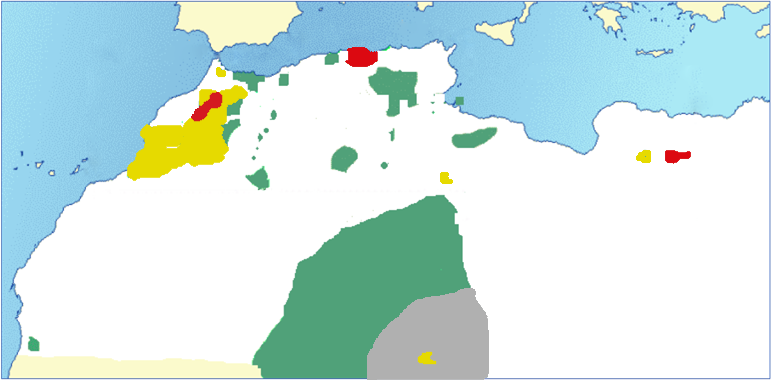
(2) In most varieties *β became (or remained?) /b/ in pre-consonantal position (GREEN). In a number of varieties, this didn’t happen (RED).
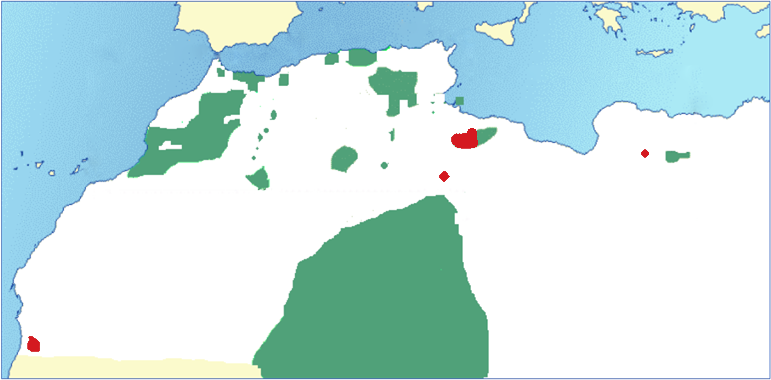
(3) The Imperative M:PL suffix is -at in western Morocco AND in Awjila (Libya) (RED). It is -ət / -ăt elsewhere (GREEN). The yellow part has different suffixes.
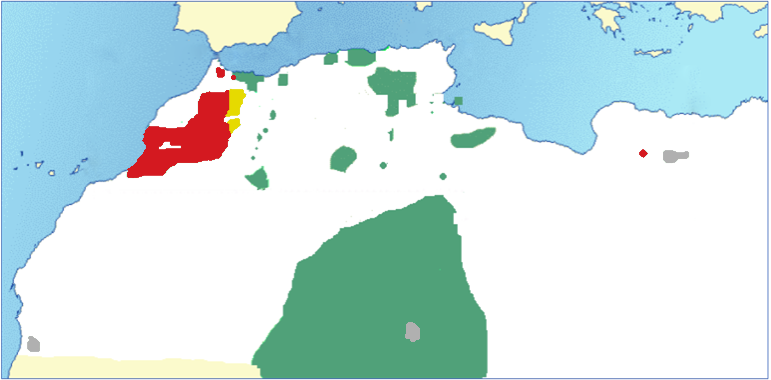
(4) The pharyngealized (“emphatic”) non-geminated alveolar is [dˁ] (or [ðˁ]) in most of Amazigh (GREEN), but in a scattered number of varieties, it is [tˁ] (RED).
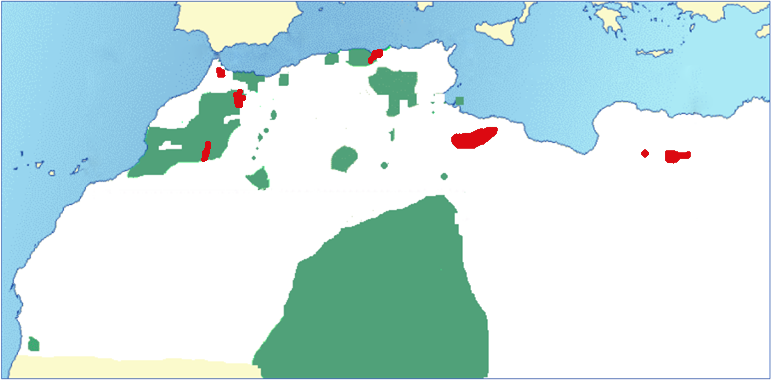
Let’s take a look at a couple of them and shiver at their
Amazigh (Berber) languages are quite close to each other and in most places nearby varieties are mutually intelligible. They function like a discontinuous dialect continuum.
— Maarten Kossmann (@ait_kisou) January 12, 2021
A loooong thread with maps (and no memes\u2639\ufe0f).
(1) The 2SG subject marker on the verb.
GREEN: -d
YELLOW -t (possibly a development from -d)
ReRED: -ḍ / -ṭ
There is no regular phonetic correspondence of -d to -ḍ.

(2) In most varieties *β became (or remained?) /b/ in pre-consonantal position (GREEN). In a number of varieties, this didn’t happen (RED).

(3) The Imperative M:PL suffix is -at in western Morocco AND in Awjila (Libya) (RED). It is -ət / -ăt elsewhere (GREEN). The yellow part has different suffixes.

(4) The pharyngealized (“emphatic”) non-geminated alveolar is [dˁ] (or [ðˁ]) in most of Amazigh (GREEN), but in a scattered number of varieties, it is [tˁ] (RED).




